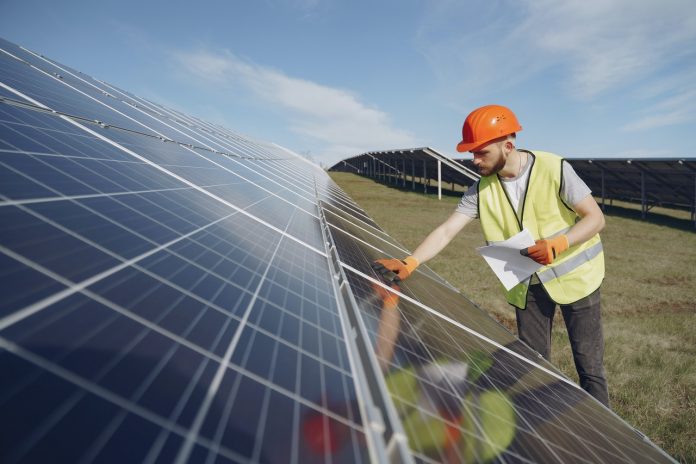Petrol, kerosene, diesel, coal and natural gas are all non-renewable sources of energy. These sources of energy are being used at an increasingly high rate all over the world, such that they’ll surely dry up sooner than later. But there’s a solution to this issue. We’ve all learnt about renewable sources of energy at some point in school. We learnt that water, wind, and sunlight are all renewable sources of energy. In fact, we learnt that solar, wind, and hydro energy would eventually be man’s only solution for his energy woes. Despite the fact that hydro and wind energy are used regularly across the globe in a number of areas, it is definitely solar energy that is thought to have the highest potential of all three.
Understanding Solar Energy
When looking closely at the pros and cons of solar panels, it is important to examine the usability of solar power from the viewpoint of home and industrial requirements. Bearing this in mind, there are various benefits and drawbacks that are connected with solar energy. Let’s look at them:
Pros Of Solar Energy
Solar panels do not cause pollution, in fact, the only pollution related to solar panels is the one produced during their manufacture, transportation as well as installation.
Production of energy through use of fossil fuels as well as some renewable fuels like wind turbines can cause noise, but solar energy generates electricity silently.
One of the biggest advantages of solar energy is the fact that it can harness electricity supply in remote locations not connected to the national grid.
Installing solar panels in far-flung areas is normally much more cost-effective compared to installing the required high-voltage cables.
Solar power can be very effective in a large part of the world, and new technologies are able to produce energy on dull/overcast days.
Solar panels can easily be mounted on many roof tips, eliminating the problem of space for placement of solar panels.
Another great benefit of solar energy is its cost. While the initial cost of investment in solar panels may be great, once installed, they’ll provide free electrical supply, which will be worth it over many years to come.
In addition, there are some companies that specialize in microgeneration and supply free solar panels in return for keeping the money that is generated when the electricity is sold back to the grid.
Using solar energy also allows one to avoid overdependence on the world’s supplies of fossil fuels.
Cons Of Solar Energy
The initial cost of installing solar panels is the biggest drawback of solar energy. Today, the cost of installing highly efficient solar panels can be over $1000, and some families may require more than one. This, therefore, makes the initial cost of installing solar panels very steep.
Solar energy can only be able to produce electricity during daytime hours. This means that for about half of every day, solar panels won’t produce energy for our homes.
The weather can also affect the effectiveness of solar cells.
Pollution may also be a big drawback of solar energy because levels of pollution can affect the effectiveness of solar panels. This would be a huge limitation for industries or businesses that wish to install solar cells in heavily polluted regions, for example, cities.
While solar energy certainly has its own share of limitations, the pros ultimately outweigh the cons. However, it is hoped that sooner than later, these shortcomings will be minimized with advances in technology.






I think we all should give the blogger a hearty round of applause for giving us such fascinating content that illustrates the benefits and drawbacks of solar energy.